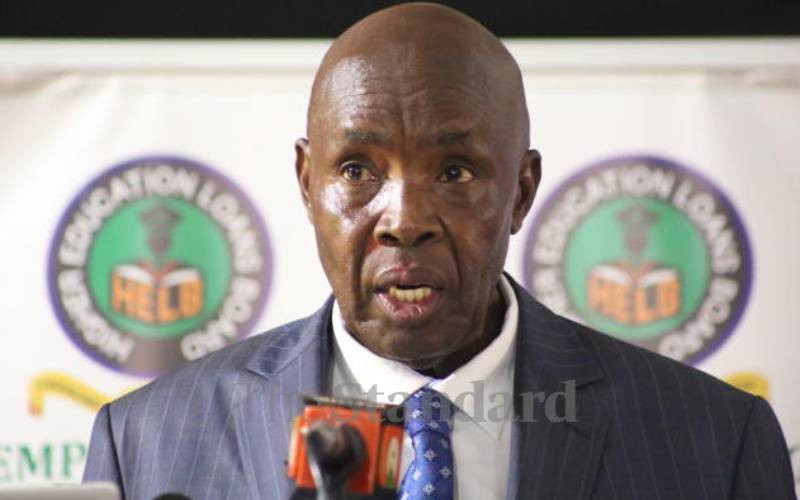×
The Standard e-Paper
Home To Bold Columnists

The government is rationalising the funding of public universities. Last year, expenditure on tertiary education as a share of total government expenditure on education was about 20.4 per cent.
This was one of the highest rates on record. Student enrollment in public universities has grown from just under 40,000 in 1990 to 480,399 as of 2022. Private universities, some which take public funding, have another 113,584 students.